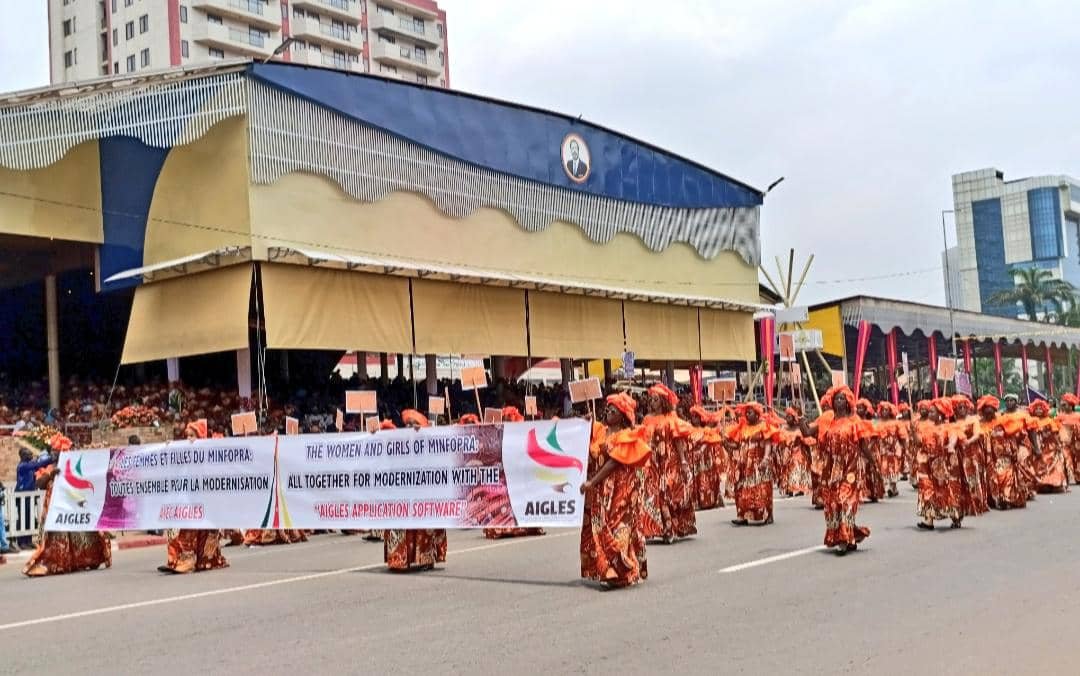By Etienne Mainimo Mengnjo
A survey conducted across 24 African countries indicates that nearly half of Africans have considered emigrating, marking a significant increase compared to the figures recorded in 2016/2018. According to an Afrobarometer survey, the primary motivations for emigration include the search for jobs and the desire to escape economic hardship.

While the desire to migrate has risen in many countries, Tanzania is notable for being the only country where emigration intentions have declined. North America and Europe are the most preferred destinations for potential migrants, although a substantial portion would prefer to relocate within Africa.
The findings reveal that, on average, 47 percent of respondents across the 24 surveyed African countries in 2024 have considered moving to another country, with 27 percent having given emigration “a lot” of thought. Emigration intentions are particularly high in Liberia (78 percent), The Gambia (68 percent), Cabo Verde (64 percent), and Ghana (61 percent). Conversely, only 9 percent of Tanzanians express an interest in leaving.

Among the 22 countries surveyed consistently since 2016/2018, the share of citizens who have thought “at least a little bit” about emigration has increased by 9 percentage points. Notable increases include Liberia (28 percentage points), Mauritius (27 points), Nigeria (21 points), Ghana (20 points), Cameroon (15 points), Namibia (12 points), The Gambia (12 points), and Zimbabwe.
The most popular destinations for potential emigrants are North America (31 percent) and Europe (29 percent). However, nearly a quarter (22 percent) would consider moving to another country within the region or elsewhere on the African continent.
Among those who have contemplated migrating, approximately half (49 percent) cite job opportunities as the primary reason, while 29 percent are motivated by the desire to escape economic hardship or poverty.
Afrobarometer is a pan-African, non-partisan survey research network that provides reliable data on African experiences and assessments of democracy, governance, and quality of life. Since its inception in 1999, nine survey rounds have been completed in up to 42 countries, with Round 10 surveys launched in January 2024.









